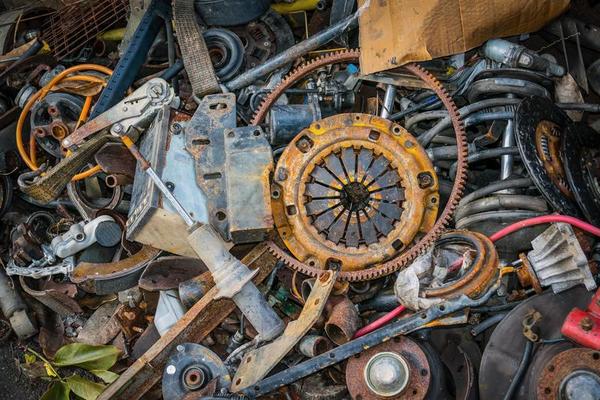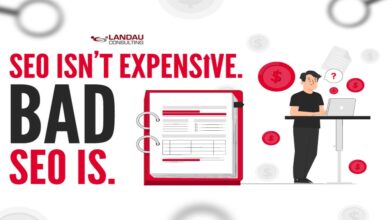5 Tips for Maximizing Profit from Scrap Metal

Scrap metal is often overlooked as a reliable source of income, but what most people don’t realize is that those seemingly useless bits of metal lying around can generate significant profit.
Whether you’re clearing out a shed, working on a home renovation, or running a business that generates metal waste, there’s untapped potential to turn it into cash.
If you’re looking to make the most out of scrap metal, this post will walk you through five effective tips to maximize your earnings.
Know Your Metals
Not all metals are created equal, and knowing the difference can significantly impact your profits. Common types of scrap metal include ferrous metals (like steel) and non-ferrous metals (like copper, aluminum, and brass).
Non-ferrous metals are usually more valuable, so understanding what you have is key. Identifying metals isn’t as challenging as it may seem. Copper, for example, has a reddish hue and is often found in electrical wires, plumbing pipes, and old appliances.
Aluminum is lightweight, commonly seen in soda cans or window frames. Magnets can help, too. Ferrous metals are magnetic, while non-ferrous metals are not.
Establish Reliable Scrap Metal Sources
Finding scrap metal might seem tricky at first, but opportunities are everywhere once you know where to look. Explore common sources such as construction sites, old cars, household appliances, and even community clean-ups.
You might even have useful materials hidden in your own home; think broken bed frames, unused tools, or outdated home fixtures. Building relationships can also help you sustain a source of scrap metal. For instance, you could partner with local businesses like electricians, plumbers, or demolition firms.
Efficient Collection and Processing

Having an organized system for collecting and processing scrap metal isn’t just about convenience, it can positively affect your profits. Instead of letting scraps pile up in an unmanageable heap, dedicate clearly labeled bins for different types of metals.
Investing in basic tools like a metal cutter or a magnet for sorting can also be worthwhile. For those taking it more seriously, consider getting some equipment to process larger volumes of scrap.
A small hydraulic press or compact melting equipment might seem costly initially, but the longer-term savings and value make it a smart decision for those handling frequent loads.
Prioritize Environmental and Safety Compliance
While chasing profit is the ultimate goal, following environmental and safety regulations is equally important. Mishandling scrap metal can harm the environment and land you in legal trouble.
Be aware of local waste disposal laws and ensure you’re working with licensed facilities for recycling. Wear protective gear such as gloves and safety goggles when handling sharp or heavy materials to avoid injuries.
Develop Smarter Marketing and Selling Strategies
Getting the best price for your scrap metal means knowing where and how to sell it. Networking with scrap yard owners and building trust can sometimes result in better deals. Additionally, be transparent about the type and quality of the metal you’re offering, this helps negotiate fair rates.
Having a strong online presence can make you more accessible to buyers looking to source bulk scrap metal. You can also reach out to small manufacturers who might find value in recycling old materials. For businesses, highlight your eco-conscious efforts in your marketing strategy.





